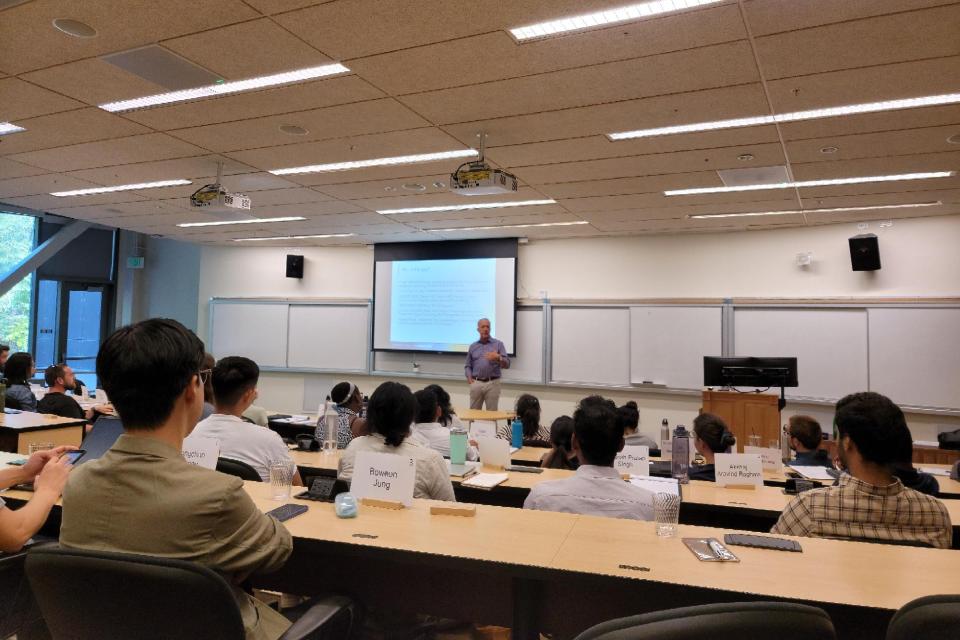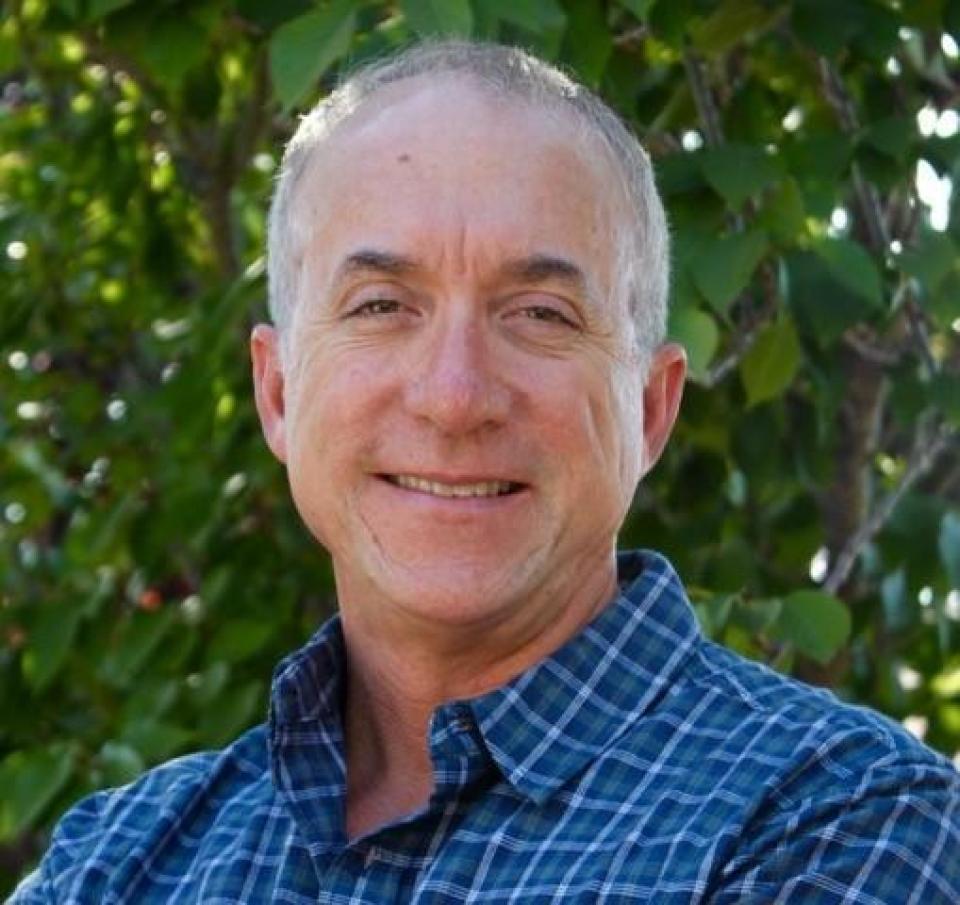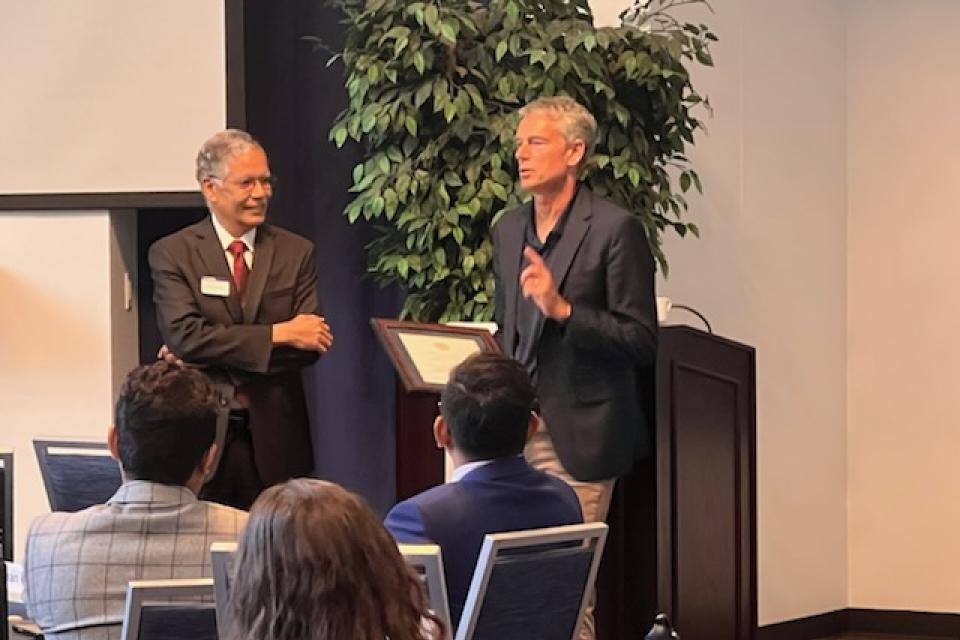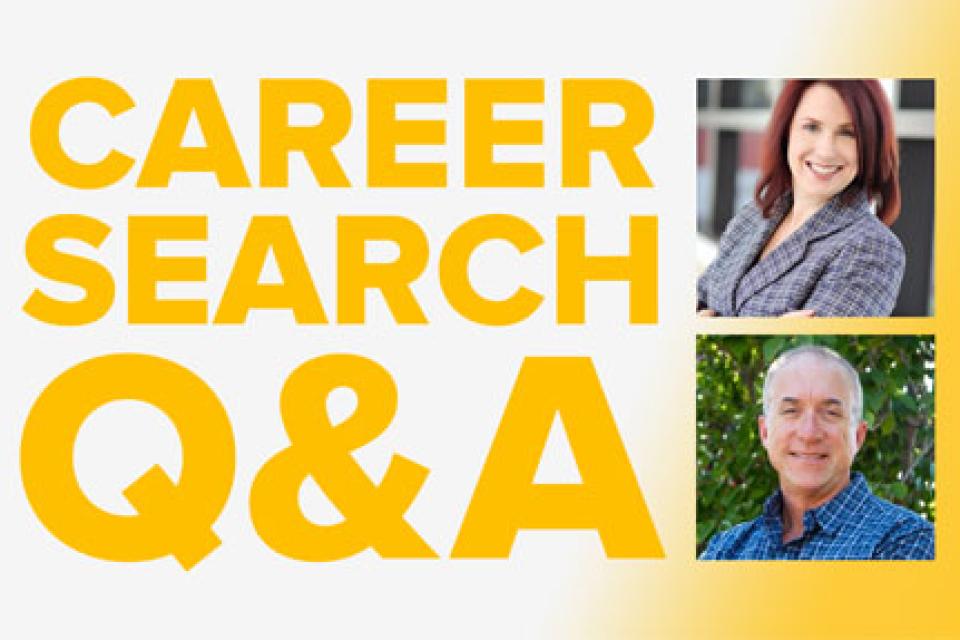HR Executive Paul Bianchi Shares Ethical Framework with New Full-Time MBA students
Impact of decision-making in building values-based cultures

Paul Bianchi, a member of the Dean’s Advisory Council at the UC Davis Graduate School of Management, and former senior vice president of human resources at Illumina, spoke to our Full-Time MBA class of 2024 about the fundamentals of leader ethics.
As a human resources executive for over 25 years at several top technology companies where he invested in building values-based culture, Paul highlighted for the students several dimensions of ethical dilemmas leaders face and how to use a decision-making framework to make consistent decisions that fit with an organization’s long-term value system.
Ethics That Span Every Department
Paul spoke about the right vs. wrong situations where many people seem to agree on what is right or wrong (e.g., Oxycontin marketing). He also explained to students that what is wrong, from an organization’s perspective, can be defined as any activity that undermines the organization’s values. This definition eliminates the subjectivity that generally stunts decision-making in matters involving ethics.
Paul explained that ethics should not be seen as an human resources function, but should be part of every unit in any company.
He then moved to the ethical dilemmas people face. He defined these as situations where you are deciding right vs. right. For example, swapping prisoners with the Taliban to bring back U.S. service personnel can be seen as right if you don’t do it because that’s the policy. On the other hand, bringing back our citizens from difficult conditions abroad is also the right thing to do. It is these kinds of decisions that require a strong ethical framework.

Four Spheres and Four Questions
Paul shared a framework that involved four spheres—private life, economic agents, company leaders and outside duties (cf. Badarocco, California Management Review, 1992).
- The private life sphere refers to your core values and principles, and is the personal morality dimension one brings to bear on an ethical dilemma.
- The economic agents make you consider the fiduciary responsibility you have as a leader to the organization you are part of.
- Third, as a company leader, there are expectations about how you treat your employees and develop trust in them.
- Finally, there is the larger society you should consider because your decisions will ultimately affect the entire connected society.
These four spheres should be considered as you arrive at a decision.
Paul also noted four questions leaders should consider:
- What are your company’s values?
- Which actions would do the most good and least harm?
- Which actions will serve the rights of those affected?
- Which actions are most feasible given company constraints?
He then went on to illustrate the application of this framework using a case study involving the Apple iPhone and its privacy promise to its customers.
Students were deeply engaged and struggled with the ramifications of each action they contemplated. They grappled with the complexity of the problem, realizing the binary nature of decision making, and the preparation that is needed to handle the consequences of making decisions involving a company’s values and ethics. Paul punctuated the presentation with several personal examples from his experience in multiple organizations.
Paul concluded his presentation to students by explaining that true leadership lies in translating personal values into calculated action. This is not easy, and involves significant introspection, but in the end will eliminate questionable decision making and help each of us be truthful to ourselves.


